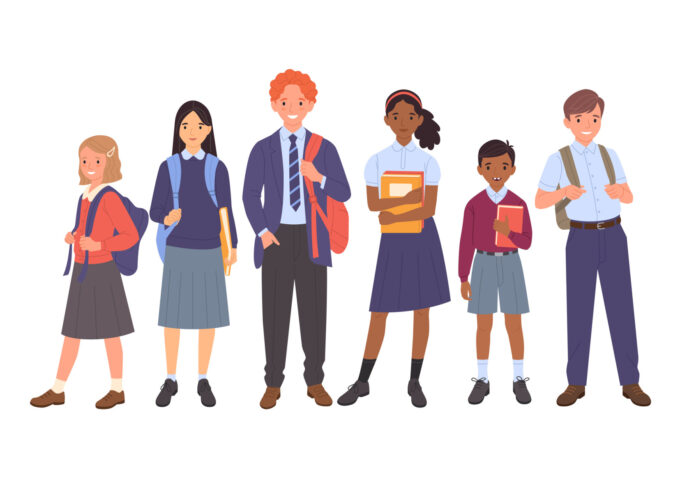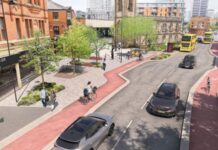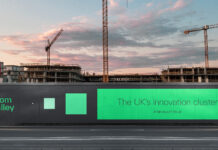New findings from the latest #BeeWell survey highlight the importance of ensuring every young person has access to everyday support in their wider community. This supports the broader Live Well commitment which seeks to tackle inequalities and improve wellbeing for all residents across the city-region.
Since launching in 2021, the #BeeWell programme, a partnership between Greater Manchester Combined Authority (GMCA), the Gregson Family Foundation, The University of Manchester and Anna Freud, has engaged almost 100,000 young people in Greater Manchester to listen to their needs, understand their wellbeing, and drive action to ensure they receive the support they need.
The report highlights areas where Live Well, Greater Manchester’s innovative vision for a shift in how public services and community organisations collaborate, will play a crucial role in ensuring no young person is left behind.
One of the key findings in this year’s report identified urgent challenges around food insecurity, with one in ten young people reporting that on most days, food in their house didn’t last and there wasn’t enough money to buy more. The survey also found that only one in ten young people are consuming the recommended 5 portions of fruit and vegetables a day.
The #BeeWell Youth Steering Group highlighted the need for greater awareness of how nutrition affects energy levels and wellbeing, alongside increased support for families to make healthy choices.
Mayor of Greater Manchester, Andy Burnham, said:
“The #BeeWell findings make it clearer than ever why our Live Well ambition is so important. We are listening to young people, and they are telling us that access to support in their neighbourhoods, safe spaces to go, and someone to talk to are vital to their wellbeing.
“Through Live Well, we are ensuring that every young person, regardless of their background, can get the help they need to thrive. Wellbeing is everybody’s business, and Greater Manchester is leading the way in putting young people at the heart of this mission.”
Physical activity among girls also remains a concern with the trend continuing from previous years, with just one in four girls meeting the Chief Medical Officer’s guideline of one hour of activity per day.
Young people raised concerns about the sports offered in PE, gendered PE kits that make participation uncomfortable, and a lack of access to free and enjoyable activities in the community.
The survey also identified that while 60% of young people feel like they belong at school, the report found lower levels of school belonging reported among girls and LGBTQ+ young people. It also showed lower scores for Year 10 pupils in metrics including sense of school belonging and feeling hope and optimism, when compared to Year 7s.
This drop-off in wellbeing and hope has been a large driver in the development of the Greater Manchester Baccalaureate (MBacc) which launched this year. The MBacc is transforming technical education in our city-region, supporting all our young people to fulfil their potential and help give them hope for the future.
This year’s survey introduced new measures on access to trusted adults, revealing that while 75% of young people say they have someone to talk to about their worries, boys are less likely to feel that they have someone to confide in than girls.
The #BeeWell Youth Steering believes that improving feelings of school belonging would have a positive impact on overall wellbeing, including increasing hope and optimism for the future.







